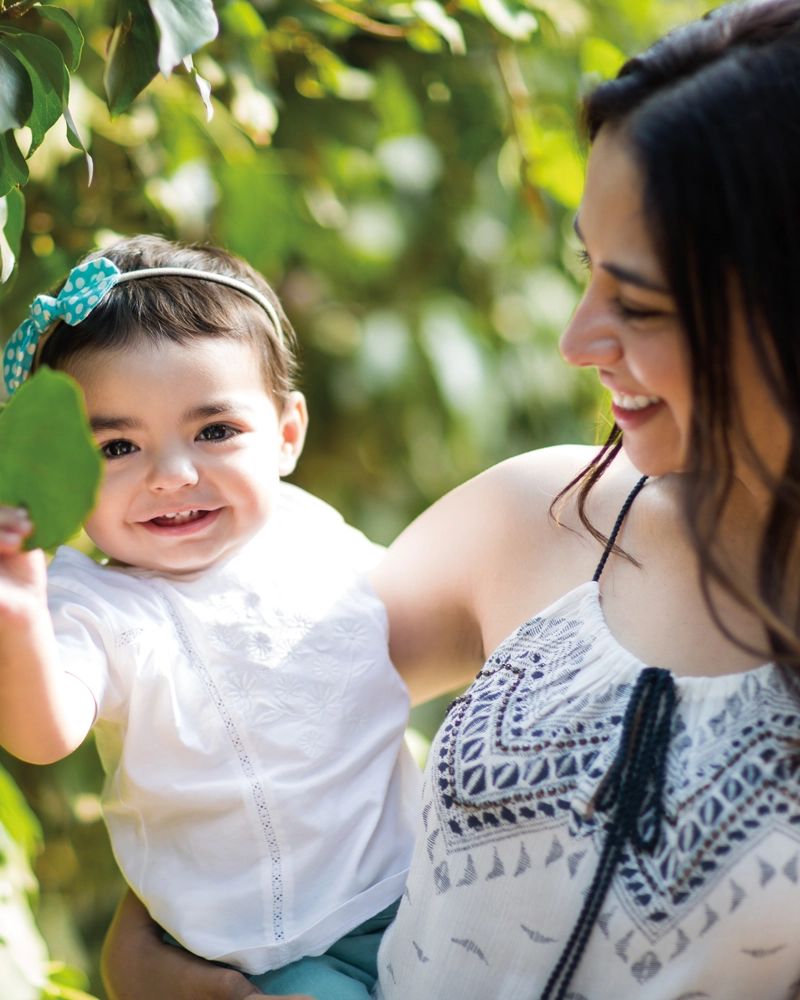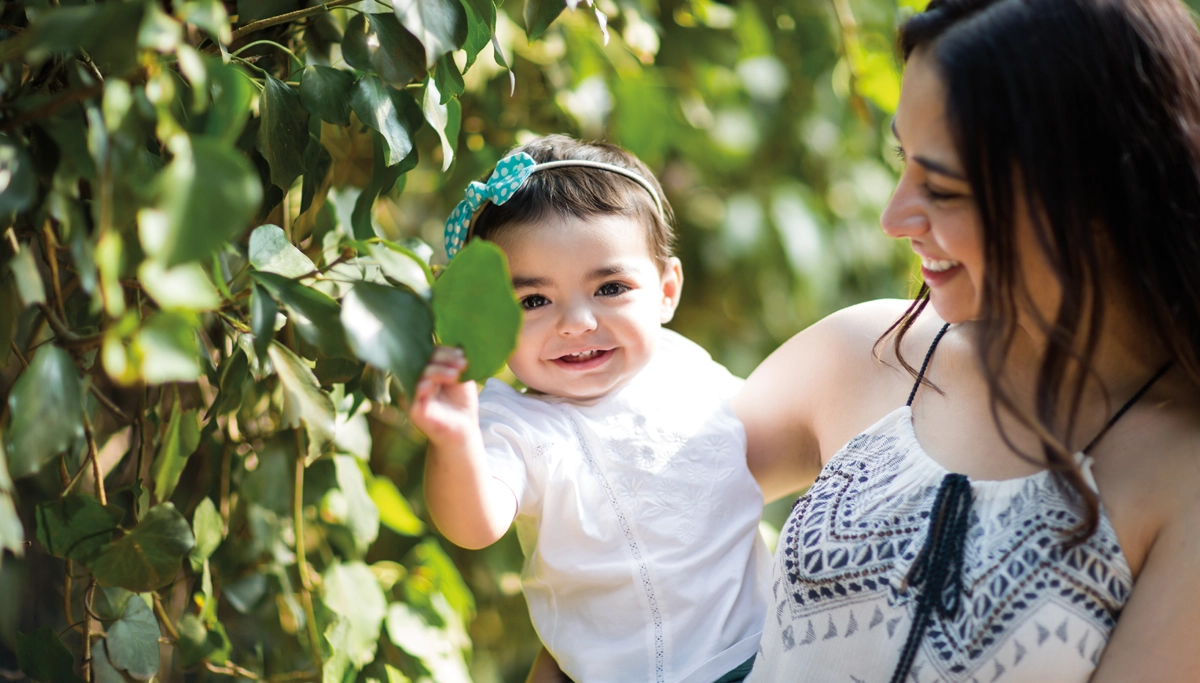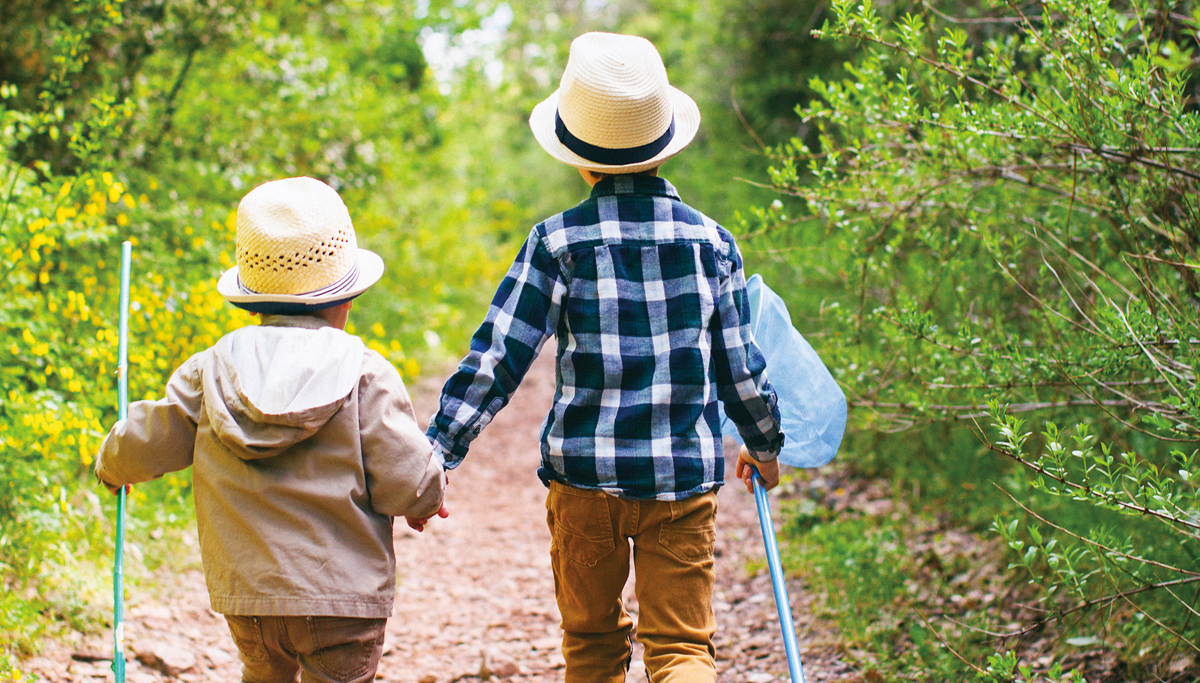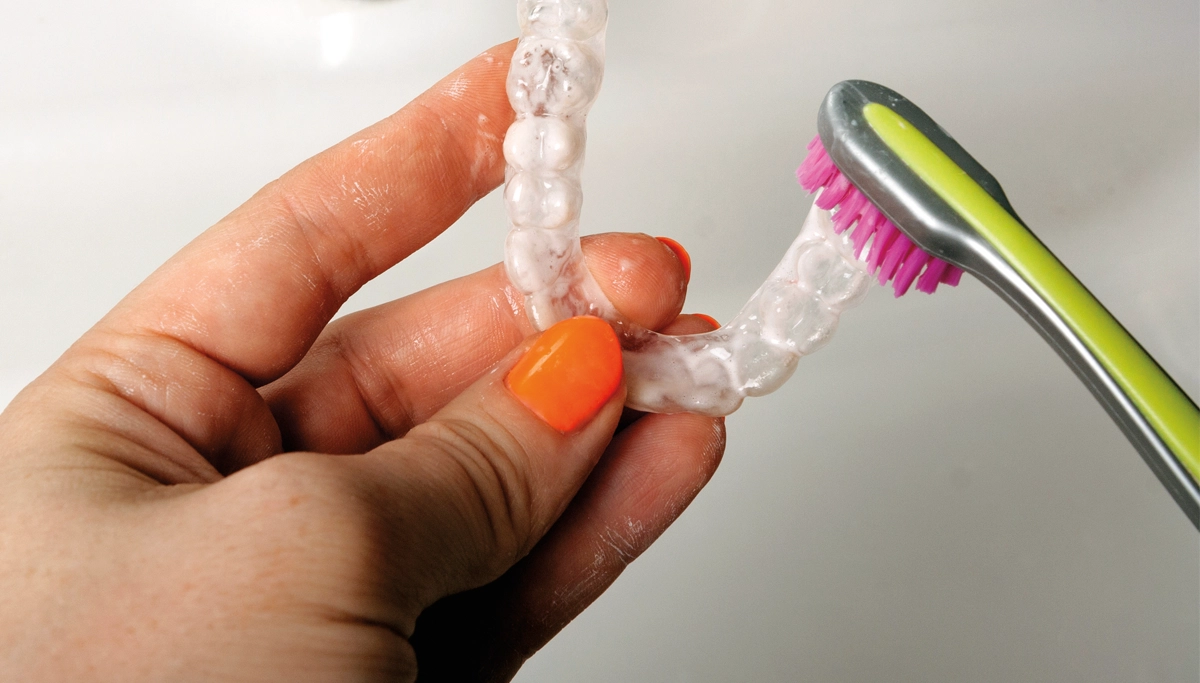What you need to know about your children’s baby teeth
Losing your baby teeth is a fond memory of childhood for many people. It’s a sign of growing up and becoming an adult. How much do you actually know about baby teeth, though? If the answer is “not much,” here’s what you should know about baby teeth.
How do children’s teeth develop?
Babies start to develop their first set of teeth about six weeks after conception. They begin to harden around month three or four of pregnancy. When a baby is born, they’ll have 20 baby teeth that are fully formed under their gum line. Their teeth can start to push through the gumline as early as three months old. By age 3, most of their baby teeth should have fully emerged. Children start losing their baby teeth around age 6. By age 12, most of their permanent adult teeth will be in place, except wisdom teeth.
What are baby teeth made of?
Baby teeth are made up of the same parts as adult teeth. They have four parts:
- Enamel, the hard outer surface of the tooth
- Dentin, the inner part of the tooth
- Pulp which contains nerves and blood supply
- Roots that anchor the tooth into the jawbone
All of these parts play a significant role in oral health.
How to take care of a child’s teeth
If you’re a parent or caretaker of a young child, it’s important to know how to take care of their teeth. These five essential tips can help you maintain your child’s healthy smile:
- Work on healthy prenatal nutrition. Because tooth development begins in the womb, a mother’s nutrition during pregnancy is important in the development of the baby’s teeth. If you or a loved one is an expecting mother, do your best to get essential vitamins and calcium every day.
- Clean their gums before their teeth emerge. Before those first baby teeth even pop up, gently wipe your baby’s gums with a soft, damp cloth after feedings. Not only does this keep gums clean and bacteria free, but it also introduces your child to an oral care routine.
- Start brushing when the first tooth appears. As soon as your child’s first tooth emerges, it’s time for a baby toothbrush. At first, use a smear of fluoride toothpaste the size of a grain of rice. When your child turns 3, upgrade to a pea-sized dollop. Don’t forget to floss once those teeth start getting cozy next to each other.
- Get their first dentist visit in before age 1. Your child should have their first dentist visit within six months of getting their first tooth and no later than their first birthday. This early checkup helps prevent cavities, monitors your child’s development and bite, and helps them get comfortable with dental appointments.
- Teach them healthy eating habits. When your child can start having solid food, do your best to provide a well-balanced diet. Make sure to limit sugary snacks and drinks. For instance, avoid giving your child sugary drinks in their bottle or sippy cup during a nap or bedtime.
A common misconception with baby teeth is that they go away, so they don’t need to be cared for. But baby teeth that aren’t cared for can develop cavities that may be painful for your child. Children also need to maintain their gum health, which doesn’t change when they lose their baby teeth. Long-term neglect of oral health can even compromise their permanent teeth. Caring for children’s baby teeth is an important part of laying the foundation for a lifetime of healthy smiles.
Fresh ideas for spring
Here are nine great ways to enjoy spring both inside and outdoors.
What does “clean” mean?
Just like your teeth, retainers and mouth guards need to be cleaned to prevent buildup of bad bacteria. Follow these tips to keep them clean.
Make better sleep a habit
Do you feel well-rested? You might have habits that make your sleep less effective. Replace them with healthier new habits to start sleeping better.








